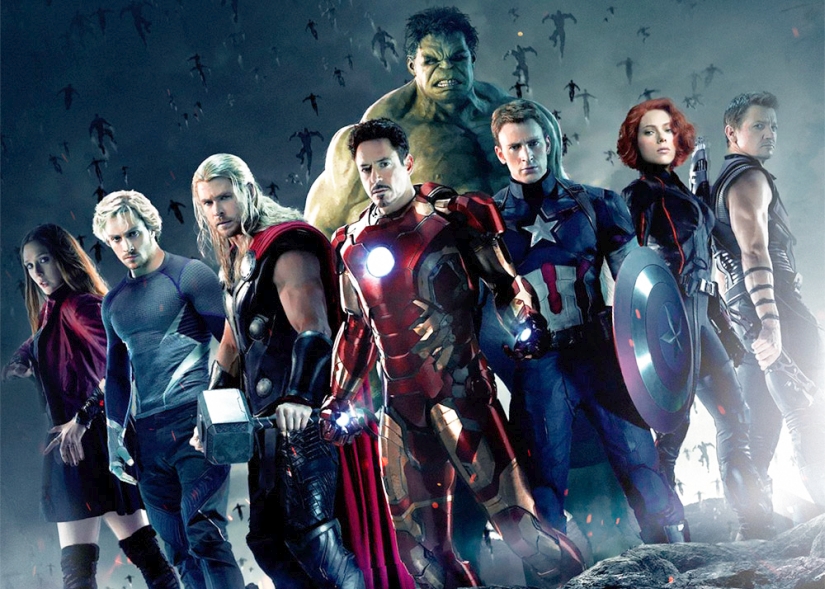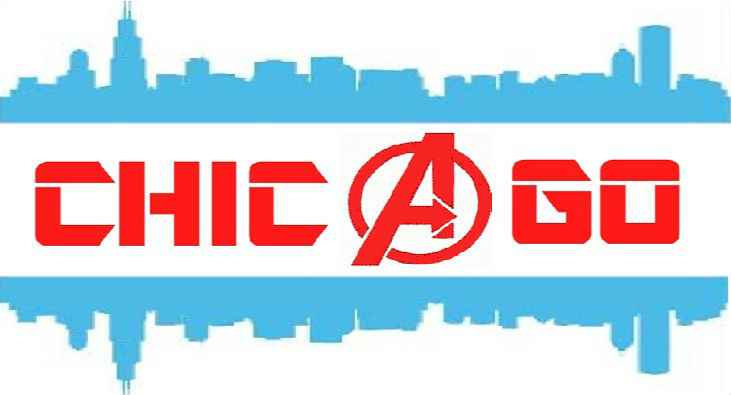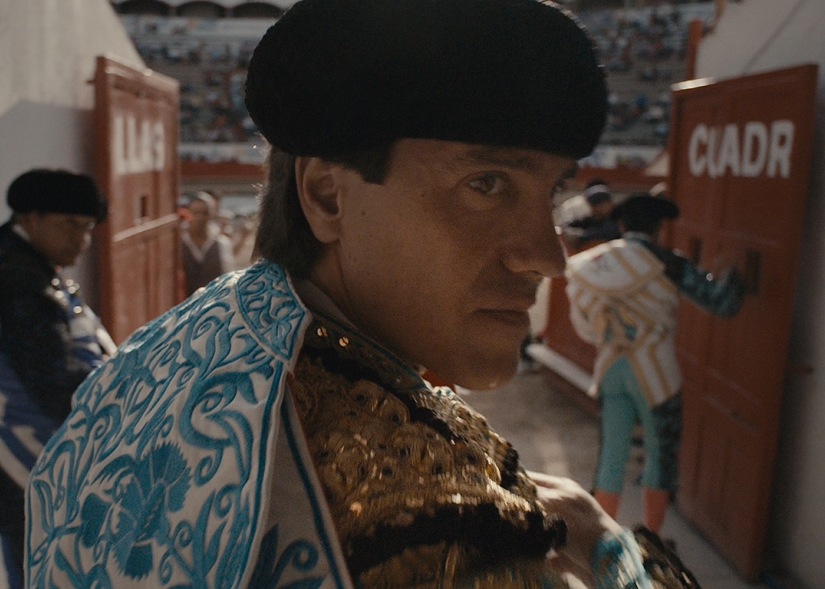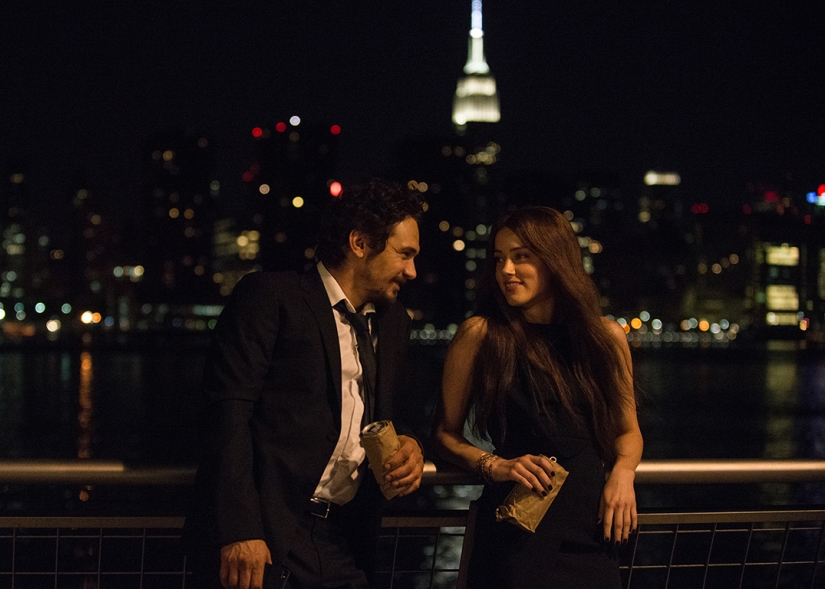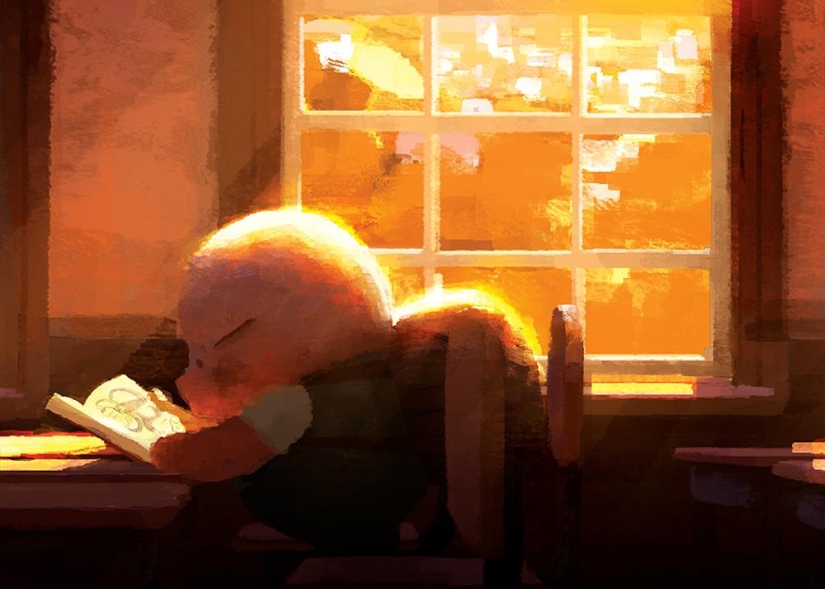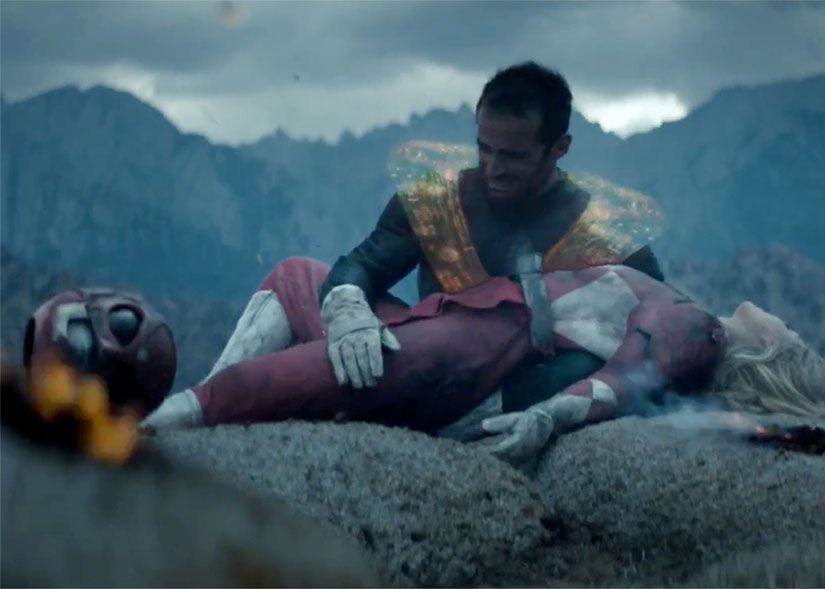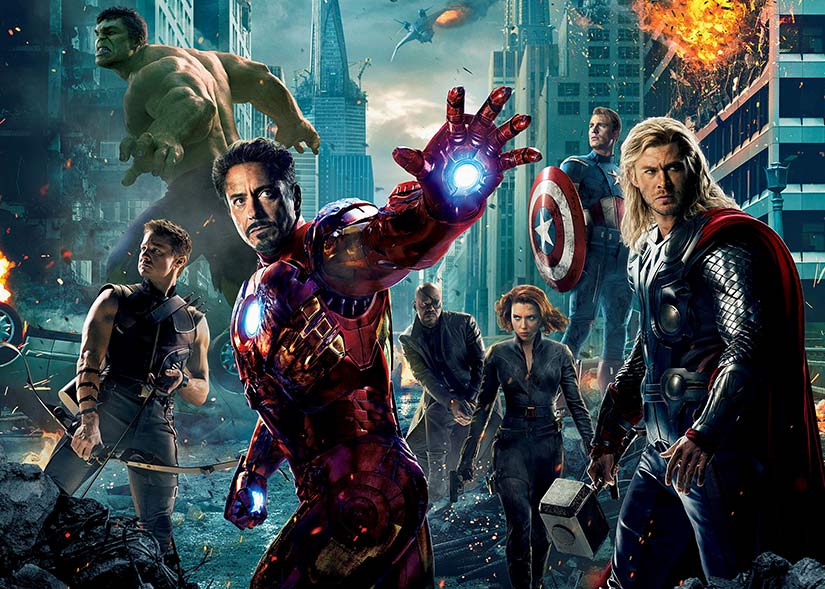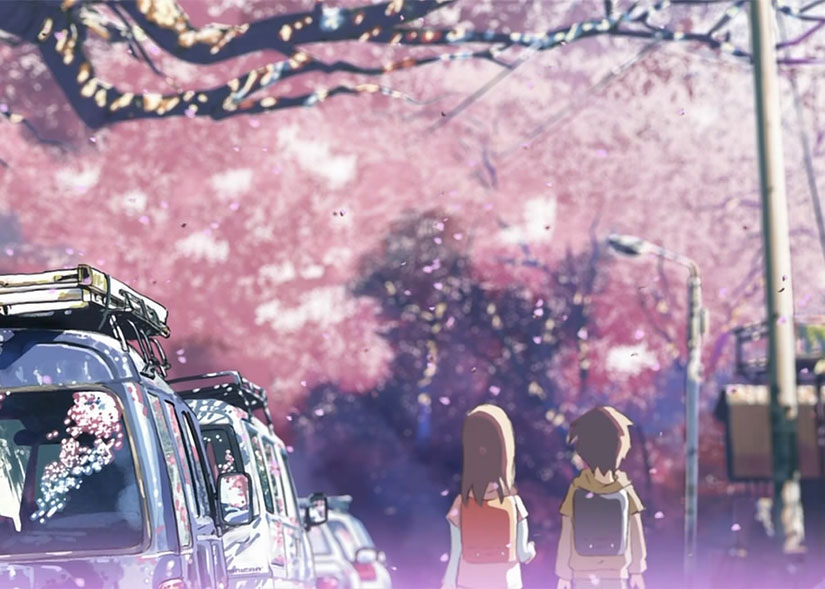Avengers: Age of Ultron Is a Cinematic Event Comic That Introduces Generic New Characters
Avengers: Age of Ultron grossed $187.7 million dollars on opening weekend, the second-highest domestic box office debut of all time. (The first Avengers holds the #1 spot, with an opening weekend of $207.4 million.) Age of Ultron also scored $439 million overseas, a number sure to climb when the film finally opens in China and Japan.
Even though the new Avengers film is going to remain on top for a while, I think Xander Markham's Age of Ultron review here on Ruby Hornet sums up my feelings: "Even the most successful philosophy will struggle when weighed down by repetitive storytelling." The film plays like a bigger rehash of the first Avengers, though the CG action has a weightless sense of spectacle to it. The film's quieter moments allow the characters to play off each other, giving the movie some personality.
Too bad the four new characters introduced in Avengers: Age of Ultron are so generic. Quicksilver, Scarlet Witch, Vision, and even Ultron feel like bland superheroes and villains. They have no discernible personalities, but are just vessels for superpowers and the dictates of the plot, which sort of makes sense since the Avengers movies seem to serve as the event comics of the Marvel Cinematic Universe.
(Spoilers ahead.)
The Windy City Avengers: Chicago's Mightiest Athletes
This post was originally posted on our affiliate site, City on the Take.
Avengers: Age of Ultron is in theaters worldwide, and needless to say I am filled with unbridled excitement. I had the wonderful opportunity to see the midnight premier late last night. Everyone, comic book fans or not, should go see this movie.
With everything going on in the Chicago sports world, I couldn't help but make correlations between the Avengers super heroes and Chicago's super athletes. The Blackhawks have made it to the second round of the Stanley Cup Playoffs, the Bears are going to select the 7th overall pick in their own city, the Bulls just stomped the Bucks out of the NBA Playoffs and the Cubs and White Sox are in full swing for their respective seasons.
I know a lot of people who dig comic books, but aren't so much into the sport scene. On the contrary I also know loads of people who are quite into sports, but don't care much for the comic books and comic book movies/tv shows. I'm hoping to marry the two. It's time that both worlds meet each other, and no better time to do it during than what will be the biggest box-office opening since the last Avengers movie.
To those looking to kill some time between periods, innings, quarters, or draft picks I urge you to read this. For those that are bored out of their mind waiting in line for the midnight premier of the Avengers, check this out and open up your mind to the world of sports. The sports and comic book world are full of so much joy, life and entertainment. If you're not into one, try the other. If you're into both, well we may very well be best friends already.
I know you all can't wait to dig in, so I present to you The Windy City Avengers: Chicago's Mightiest Athletes on City on the Take.
[Tribeca] GORED's Reckless Bravery Offers Lessons for Creatives
Ido Mizhary's GORED provokes an innate morbidity. We're told that Antonio Barrera is not the most graceful of bullfighters. He's been gored a staggering 23 times. The documentary is framed by Barrera's final bullfight before retirement. Given all the cliches about death during a last job, it's unclear if he'll make it out unscathed.
We're also told that bullfighting at its best is like a dance. (If you can get past the animal cruelty and view this practice anthropologically, it makes sense on a metaphorical level.) Archival footage of famous Spanish matadors show off the grace that crowds expect. Slow movements, pure anticipation, no perspiration, and the illusion that the bull is a willing accomplice in its own demise. The struggle between man and nature is presented as a hypermasculine tango.
If you don't have grace as a bullfighter, you can at least be recklessly brave, which is what makes Barrera popular in Mexico. (Is this the bullfighter's version of being big in Japan?) There are lessons in Barrera's approach that go beyond bullfighting, and it applies to various artistic endeavors. Maybe there's a certain method that joins physical exertion and creative endeavors, or a common disposition that athletes and creatives sometimes share. Or maybe it's just the way that people define themselves and their philosophy of life by the work they do and the things they create, and the exterior form is a way of understanding the interior life.
[Tribeca] The Adderall Diaries and the Problem with the Brilliant Male Writer Cliche
I think it was Harlan Ellison who said that most people believe they're a better writer and a better fuck than everyone else. That succinctly describes the absurd narcissism at the heart of the male writer trope: he's ruggedly masculine and yet aesthetically sensitive, he's smart in a way that's worldly rather than academic—brilliant, really—he constantly struggles with writer's block until a divine spark of inspiration leads to the rapid production of undeniable genius, and everyone wants to have sex with him because he's really good at it—no, the best, actually.
The brilliant male writer cliche is ridiculous yet persistent, and these tropes make the adaptation of The Adderall Diaries starring James Franco feel so uninspired. I haven't read Stephen Elliott's memoir of the same name, though excerpts from the book strike such a different tone from the film. It's not just because the story's been moved from San Francisco to New York. While the source material seems like a genuine exploration of strained father-son relationships and the ways people remember and misremember, writer/director Pamela Romanowsky's movie comes across as sycophantic genuflection to the idea of the brilliant male writer.
Spike Lee's Use of Chiraq for His Next Film is Infuriating
My faith in Spike Lee's abilities as a compelling storyteller has been dwindling for a few years now, and it was all but severed after watching his latest film, Da Sweet Blood of Jesus. During my video interview with the director, I asked him why he decided to crowdfund the film, to which he replied, "To get the money." It looks like Lee is going for the money yet again with the title choice for his next film, the offensively-titled Chiraq.
As reported by The Wrap earlier, Lee and Amazon Studios are working together to shoot a film in Chicago with a rumored ensemble cast featuring Kanye West, Samuel L. Jackson, Jeremy Piven, and Common. While there are little to no details beyond these rumors, the film's moniker alone should be enough to piss off dedicated Chicagoans, myself included.
The term "Chiraq" has been plaguing the city's residents for a couple of years now as it compares the city's recent history of gun violence and murder to the war torn country in the Middle East. Some residents (and non-residents, as is wont to happen to those desperately trying to identify with the city) have embraced and glorified the term, while others recognize the nickname's inherent hate and negativity. And for the most part, the term has dissipated with only a select few still embracing the term in an attempt to further push the image of Chicago being a dangerous city. That's not to ignore or brush aside the countless acts of violence we unfortunately hear on a daily basis, but the fact remains that the title bestowed upon this amazing city does nothing to further advance how multi-dimensional and outstanding Chicago is, relegating it to nothing more than a city we ought to be in fear of.
[youtube id="TybFtK6VTVo"]
I acknowledge that, with no plot information for Chiraq, my reactions to the film may be too premature. However, with Lee's recent feature films, he's demonstrated his inability to truly capture the level of quality he showed early in his career. Perhaps his choice of using the term will be used in a way to subvert what it stands for, but I worry Lee won't be able to do the film or this city justice. At the very least, he's done his due diligence, as the Chicago Tribune noted Lee was in town earlier this year to research the city's recent history of violence with St. Sabina's Reverend Michael Pfleger. And for that, I commend him.
However, the use of the term is misguided, demeaning, and insulting to Chicago. We are more than just "Chiraq," but by having an icon such as Lee embracing the nickname for his film will do nothing to alleviate the city's public perception from those across the country. Last year, VICE released a series of video documentaries that seemed to push an agenda of exploiting the Chiraq phenomenon, and it's with this in mind that I worry even more about Lee's Chiraq.
Spike, if you're going to shoot a film dealing with and discussing the city's violence, I implore you to come up with a better title. Use a title that isn't so closely associated with murder, with violence, with gang culture, with ignorant rappers, with hate. I love my city, and I would never refer to it with such an ugly term that exploits every single Chicagoan that has been affected by the city's outbursts of violence. And if you do decide to keep the title, prove me wrong - show me and the world that you still have something left in the tank to bring change to a problem that's plagued us for years.
Rest in peace, Mikal.
[via The Wrap]
The Dam Keeper Has a Second Life: On the Animated Short That Should Have Won an Oscar
It was announced last week that the Oscar-nominated animated short The Dam Keeper will be expanding into a feature film as well as two graphic novels. This was great news given that it's been a few weeks since The 87th Academy Awards and I was afraid that The Dam Keeper might get forgotten. That's the fate of so many short films at The Oscars, but The Dam Keeper, directed by Robert Kondo and Dice Tsutsumi, is a remarkably poignant and unforgettable film.
This isn't to say that Disney's Feast, which won the Oscar for Best Animated Short, isn't good. It's cute and quaintly done, yet Feast is familiar to a fault—kind of like the beginning of Up but not as emotionally full or earned; climaxing sort of like the Disney short Paperman, but with a dog and parsley instead of paper airplanes and lipstick. The Dam Keeper looks and feels like the start of something new—the first yawp from the studio Tonko House—and it risks more in its 18-minute run time because of what it's trying to say about being a better human being.
You can buy The Dam Keeper on Amazon, iTunes, and Vimeo and view it for yourself, but I'd like to offer a brief appreciation of the film.
[iframe id="https://www.youtube.com/embed/eAidtk0GpUQ" align="center" mode="normal" autoplay="no" maxwidth="825"]
The Dam Keeper centers on the life of an orphaned pig who works inside of a giant fan at the edge of town atop a dam. He has to crank and set the fan regularly in order to keep a poisonous smog away. He's isolated and bullied at school (he's the archetype of the big kid, the quiet kid, the different kid that you knew or might have been), but he finds a friend in a fox. By the end, The Dam Keeper winds up being an exploration of loneliness, friendship, the absurdities of bullying, how people deal with depression, and, at least to me, our fundamental moral obligations to others.
The whole film looks like a picture book come to life, a world built out of paint. This is all thanks to the animation style, which eschews computer animation and was primarily hand-painted instead. The Dam Keeper consists of more than 8,000 individual paintings, with so many organic strokes built into the movements of the characters and the backgrounds. The animators had to spend time learning to draw in the same style, painting together to ensure a consistent look to the film.
Whether intentional or not, this act of collective and obsessive labor seems to be referenced in one of The Dam Keeper's memorable moments: as the pig and the fox draw together, the real world blurs into something diaphanous, like air and like water, and there's only laughter and the joy of connection and the careless play of making art.
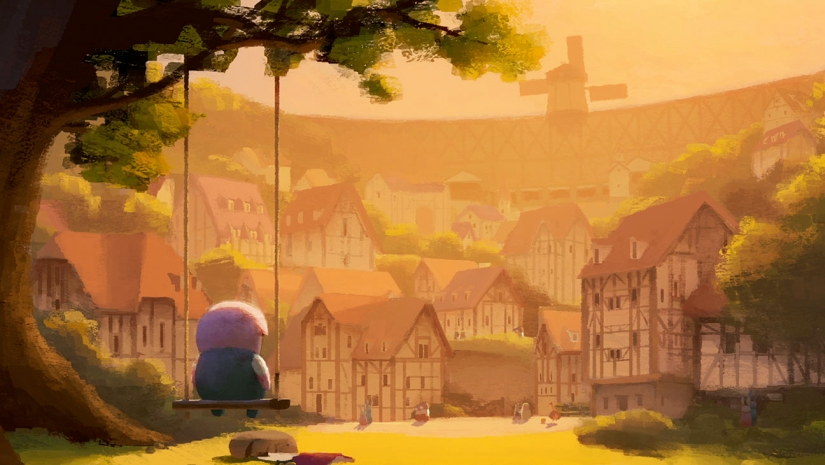
There's a similar care with The Dam Keeper's score by Zach Johnston and Matteo Roberts, which is sort of like a blend of Jon Brion (Paranorman) and Joe Hisaishi (the films of Hayao Miyazaki). Throughout, the score serves as an emotional scaffold. There's a childlike sense about it, as if profound emotions are contained in the music and the melody is there to convey what language can't process.
The Dam Keeper had a peculiar way of sneaking up on me, and feeling personal even though it was about a pig and a fox. There's something to be said about the successful use of animals as human analogs. They're blank and unparticularized as actual people per se, which allows viewers to read their own lives or experiences into the existence of something non-human. We're forced to think "When did I feel like that?" or "When did someone I care about feel something like that?" This is one of those subtle and necessary exercises of empathy unique to good metaphors and fitting analogs.
There are unexpectedly moving moments of The Dam Keeper that stick with me weeks later, and I think they work because of this exercise of empathy. Grounding the film in reality rather than animals and the fantastical conceit would have undermined the power of the story. Metaphors can often be more powerful than reality. Sometimes the reality of our emotional lives requires the framework of fantasy, fable, or fairy tales to be revealed to us, and The Dam Keeper does this essential, humanizing work beautifully.
POWER/RANGERS and Why We Enjoy Gritty Reboots
Last week, an amazing Mighty Morphin' Power Rangers fan film/reboot was released to widespread acclaim. Starring James Van Der Beek (Dawson's Creek) and Katee Sackhoff (Battlestar Galactica), directed by music video director Joseph Kahn (who also directed Torque and Detention), and produced by Adi Shankar (Dredd, The Grey), POWER/RANGERS reimagines a Power Rangers world in which the Rangers are viewed as child soldiers selected to take part in a war in which they ultimately lose.
For anybody in their late 20s and early 30s, the fan film represented everything we once found cool (flashy costumes, robots, entertaining fight sequences) with what we currently enjoy (mature themes, darker content). However, and understandably so, POWER/RANGERS also received some flak of its own, even from former Power Rangers actors.
Jason David Frank, arguably the most popular and visible Power Rangers alum, shared his dislike of the film:
To summarize, Frank identifies himself as a PG-13 guy who doesn't like the dark elements of the fan film not because he personally doesn't enjoy them, but because Power Rangers is still a family-friendly franchise that currently appeals to both kids and adults alike. He also appears to save face by appealing to Lionsgate and Saban, somewhat denouncing POWER/RANGERS in hopes of garnering good favor so he could appear in the upcoming Power Rangers film adaptation. SCG Power Rangers, LLC, the parent company that owns the Power Rangers franchise, issued a cease and desist letter to Shankar and those involved with the reboot, temporarily bringing the short offline. However, the short is back online, albeit behind an age gate and with a disclaimer stating the work has no official link to the Power Rangers property.
As we've all come to realize, Hollywood (and most forms of entertainment) is cyclical, and the stuff we enjoyed as kids are being rebooted for modern audiences. Take, for instance, last summer's bomb of a film, Michael Bay's Teenage Mutant Ninja Turtles. We all entered that film expecting a gritty reboot to reflect our growth and adult interests without remembering that the Teenage Mutant Ninja Turtles brand is still very much a family-oriented property. Now why is that?
We can look at the rise of the modern superhero films and how Christopher Nolan's The Dark Knight trilogy and Marvel's slate of films have not only shaped what we've come to expect from action films, but also how to adapt properties from our childhoods for the big screen. As we grow, we like our interests to grow alongside us, rather than leaving them behind for more age-appropriate stuff. Thus, when we look back in regards to both hindsight and nostalgia, we don't realize exactly how kitschy and cheesy they were, even for the time period in which they were released. This is why reboots like The Dark Knight trilogy and the Marvel adaptations have been so successful and entertaining: they remind us of everything we enjoyed as children while introducing a new perspective on the material that we can enjoy on a more adult level.
Shankar, the producer of POWER/RANGERS, explained so eloquently why he decided to create the short film and include it in his "Bootleg Universe" that also includes Venom (Truth in Journalism) and The Punisher (Dirty Laundry) adaptations. When reminiscing about Mighty Morphin' Power Rangers, he realized that the Rangers weren't just teenagers selected to save the world, but essentially child soldiers enlisted into an intergalactic war they have no place in.
It's understandable that both Frank and Saban would want to protect their interests, especially with the aforementioned official Power Rangers reboot scheduled for next summer. However, they should gauge fan reaction to POWER/RANGERS to see how they can strike a balance between keeping the upcoming film exciting for all types of fans and age groups. Shankar has already gone on record about not using POWER/RANGERS as a pitch. So where do we go from here?
[vimeo id="120401488"]
Enjoy POWER/RANGERS for what it is, share GIFs and clips with your friends and social networks, and pray that the official Power Rangers reboot will be half as good as this.
Five Unconventional Films to Watch on Valentine's Day
By no means am I a softie when it comes to love and romance. Sure, I'm like a real-life Ted Mosby, but I'm also a realist and hate when films end on a predictable note. Anybody that's been in a relationship knows they're not all butterflies and gum drops, and some of my favorite films are the ones that portray all forms of life in honest, realistic ways... no matter how painful they may be.
With that said, eschew the typical romance films for Valentine's Day and check out some films that skew our expectations of fictional relationships. To put you on the right path, I've created a list of 10 unconventional films to watch on Valentine's Day. Grab some wine, a blanket, your significant other, and prepare yourself for some heartbreaking, cynical takes on love - just as nature intended.

